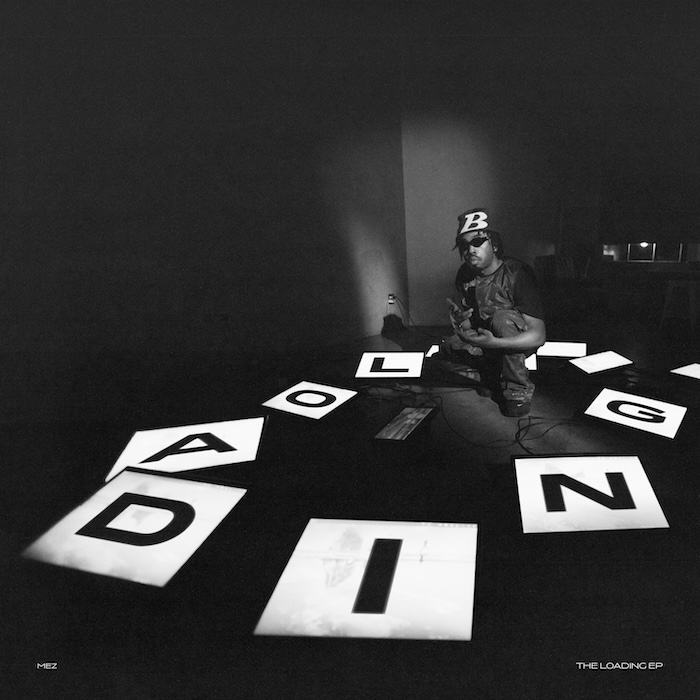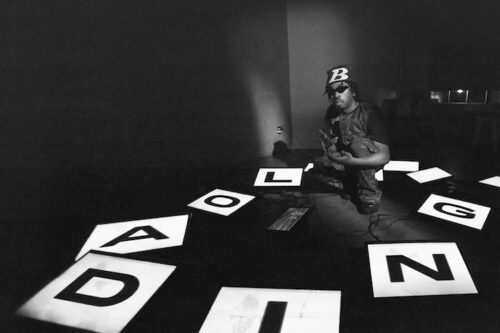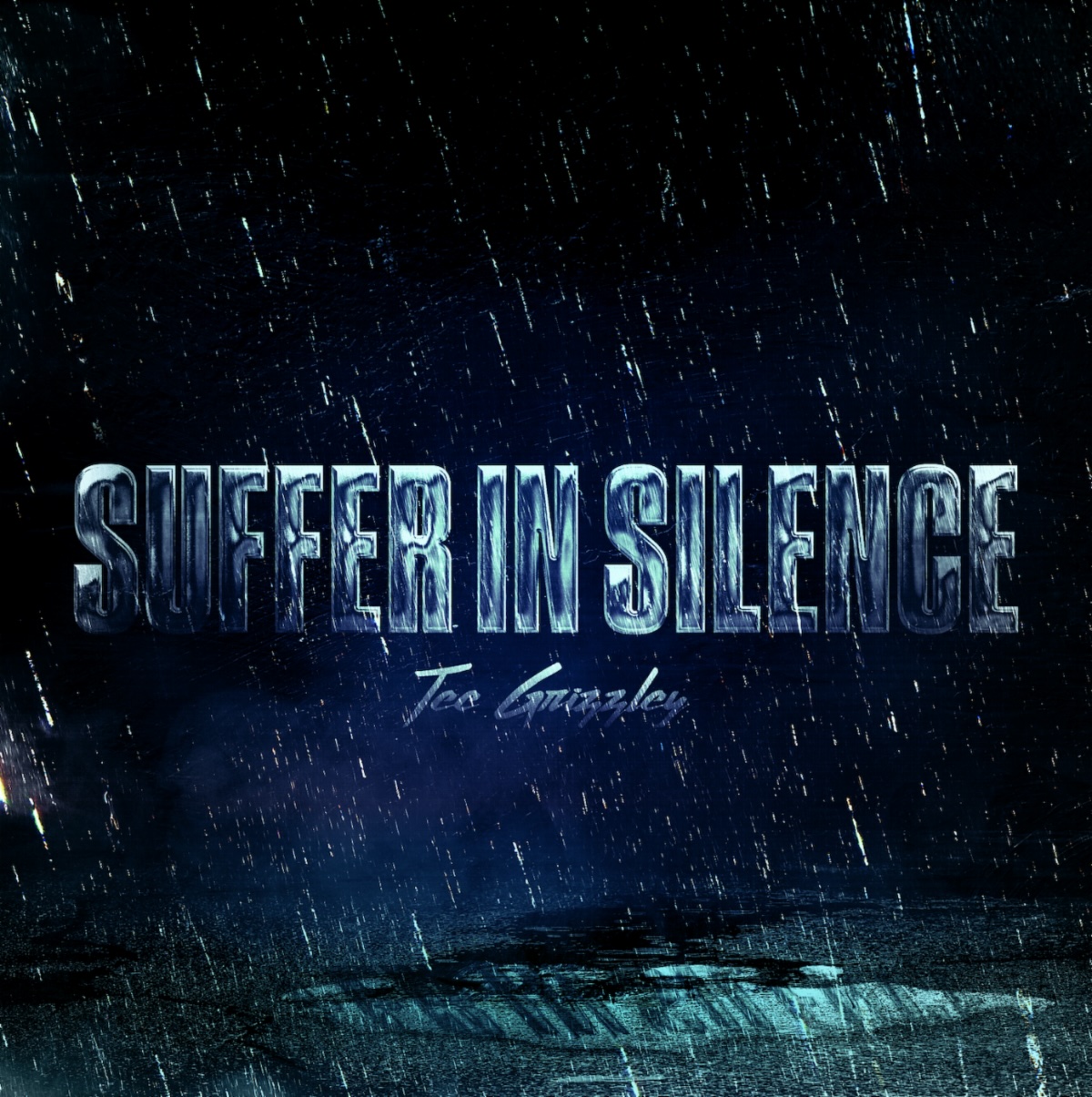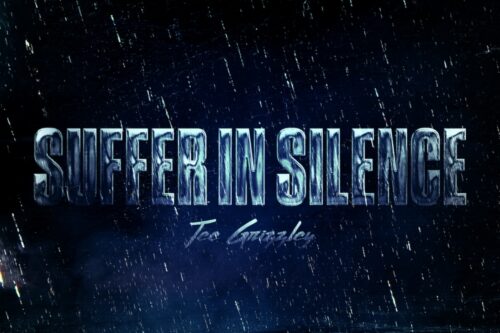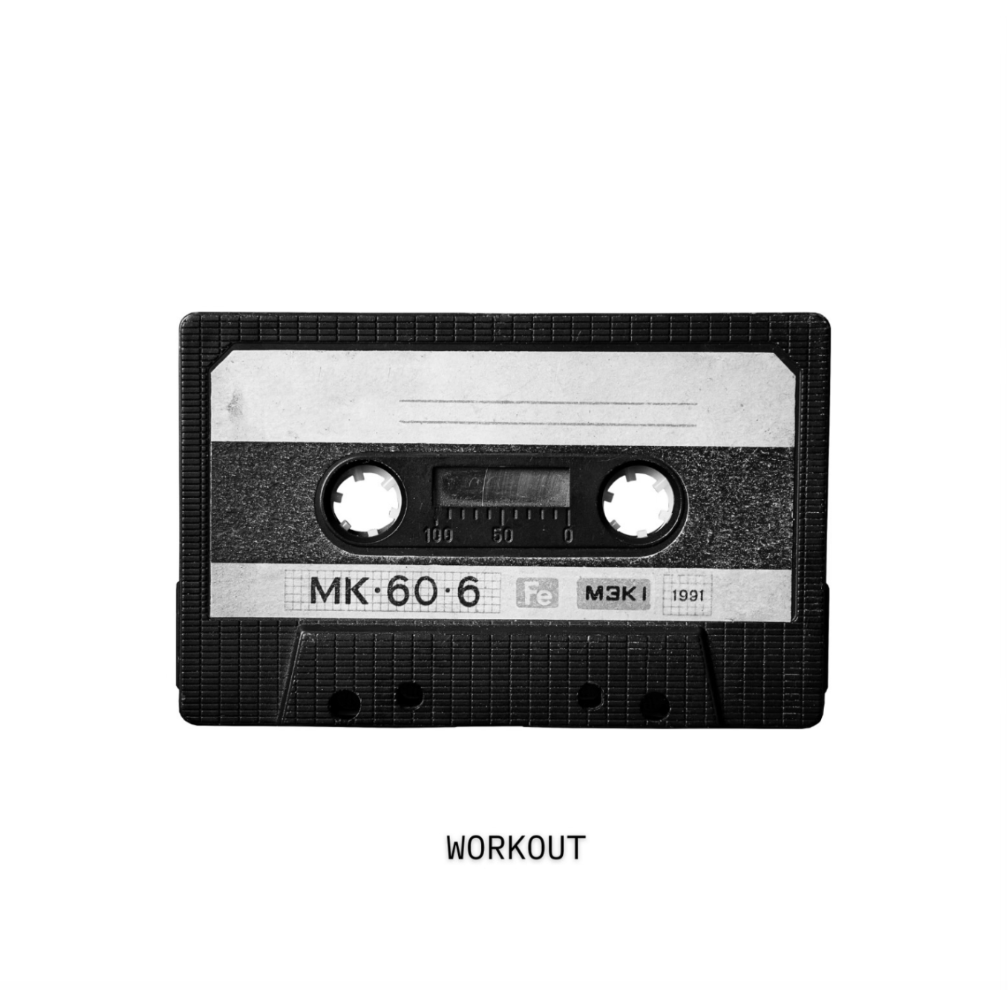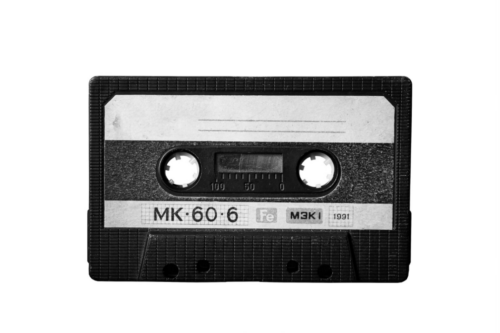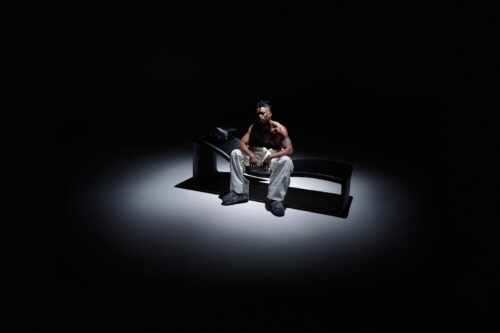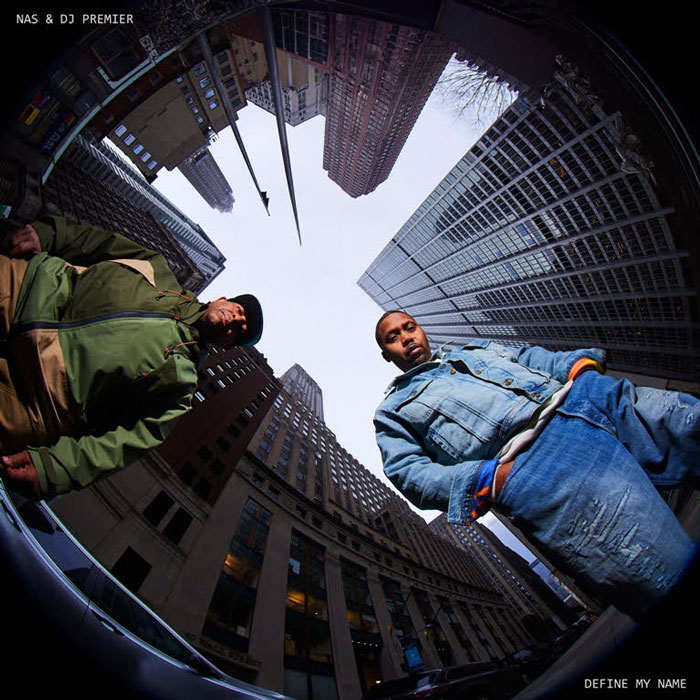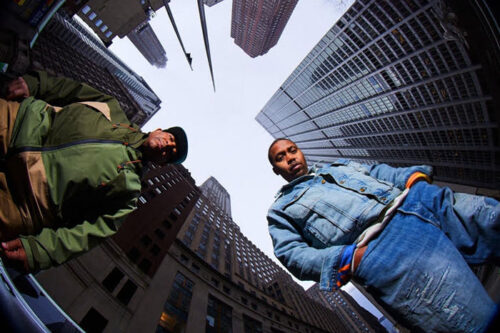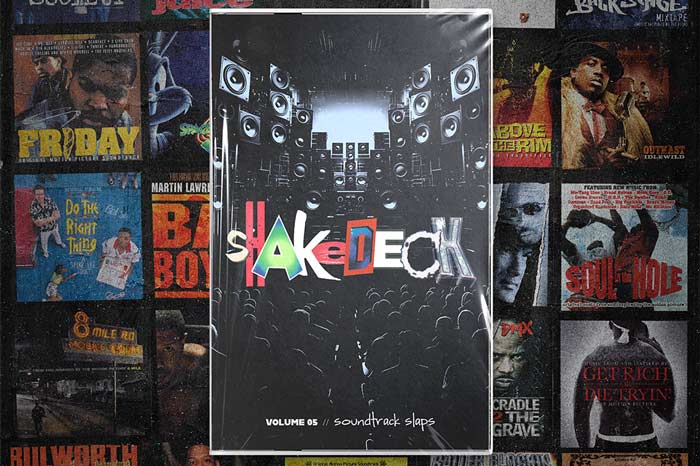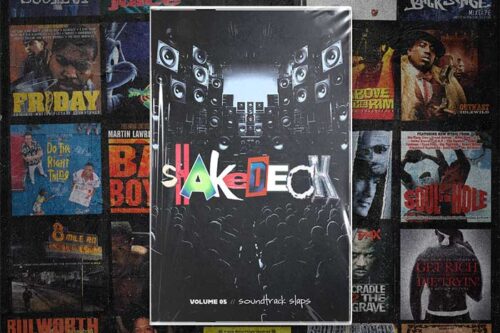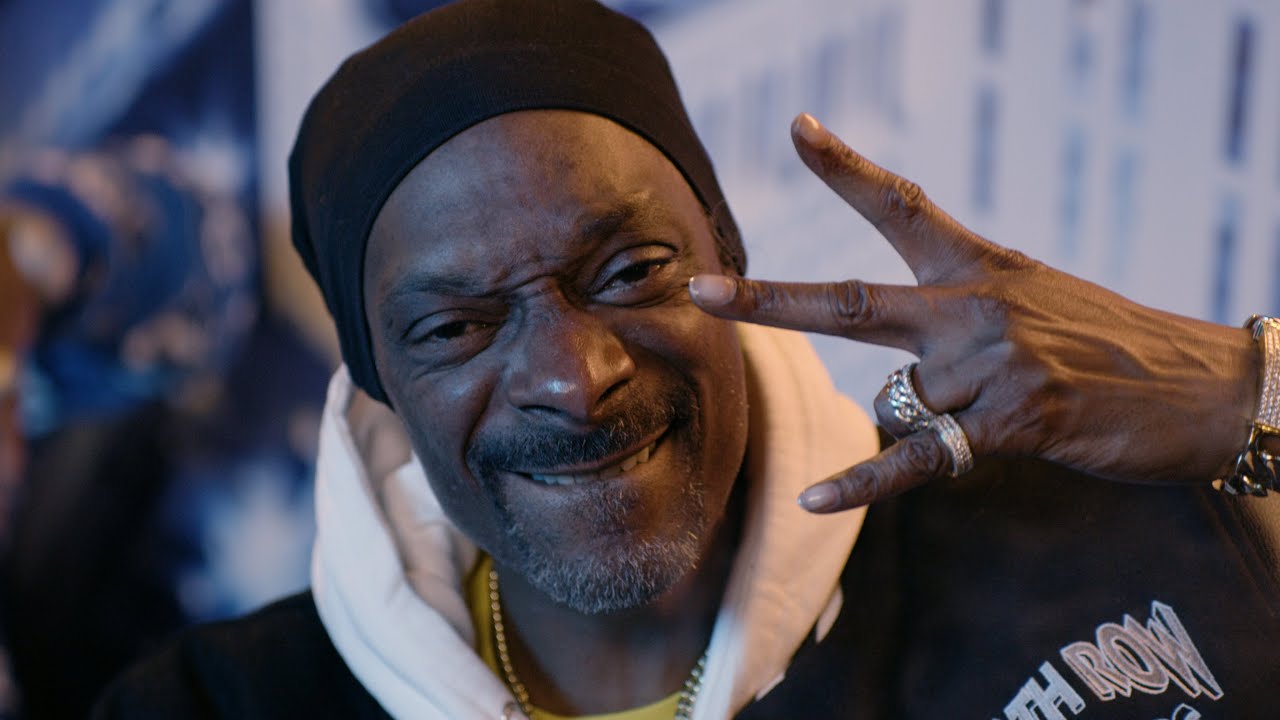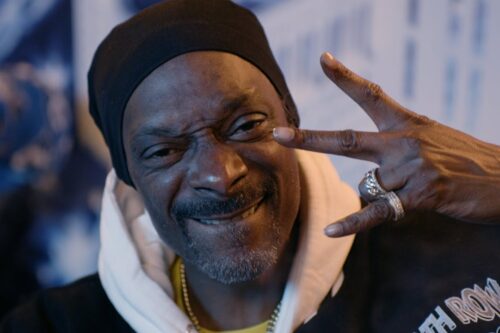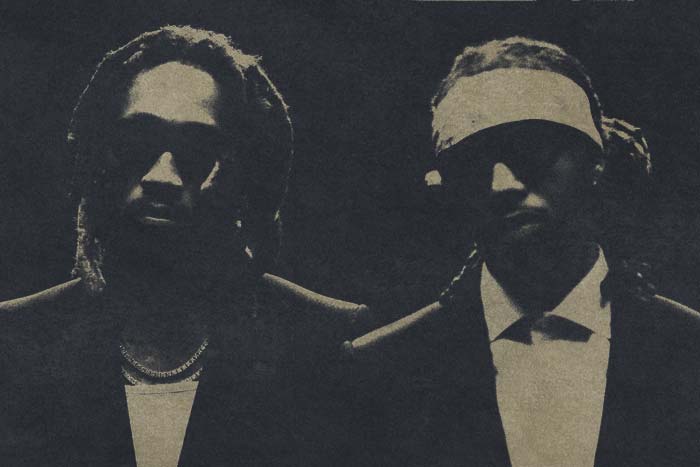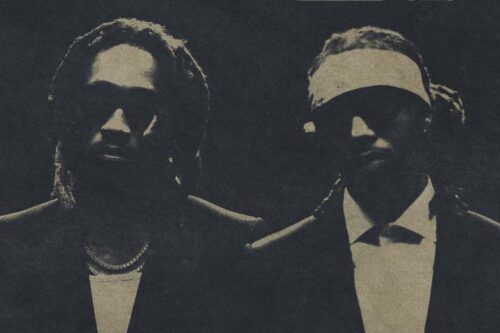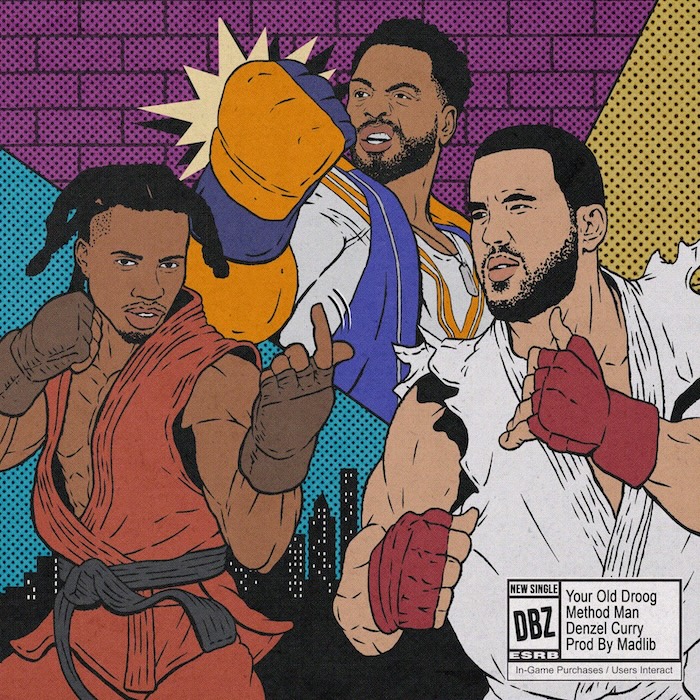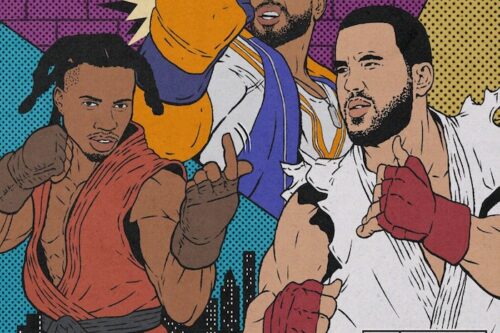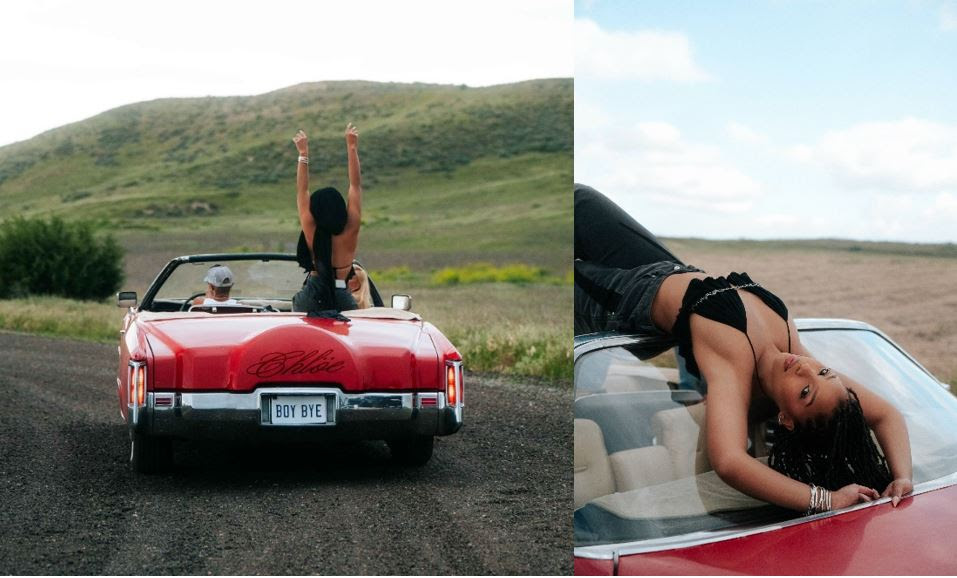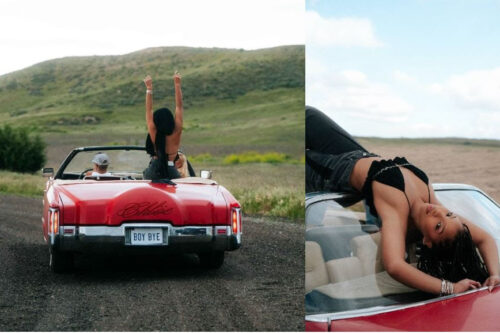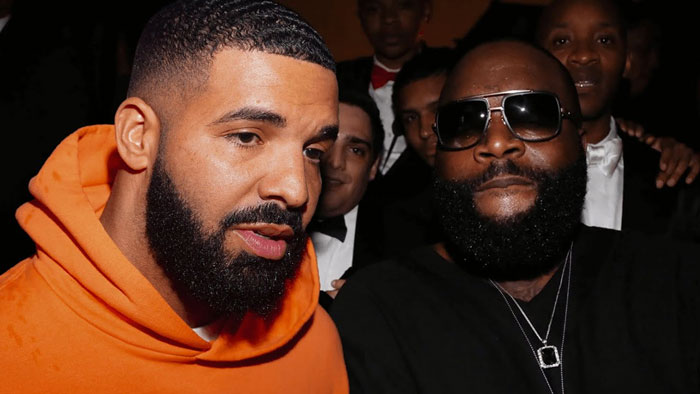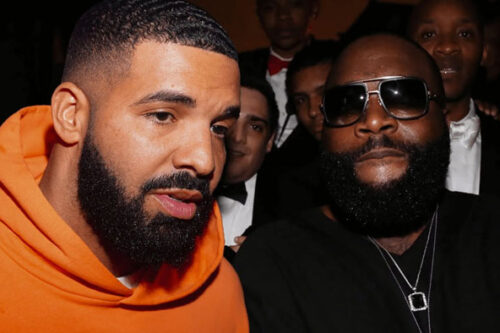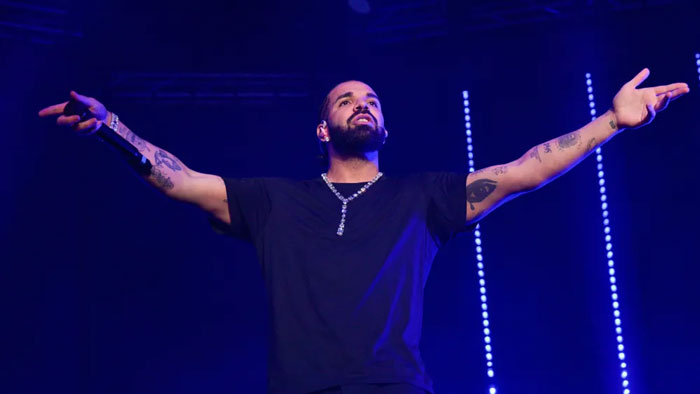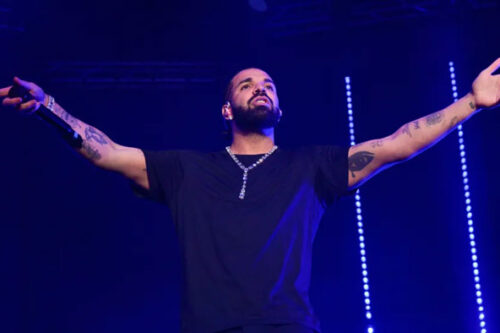Well on that note, you have that skit at the end of Disposable Arts [“Last Rights”] where you pay homage to some of the records that influenced you. But what are some records that have come out since 2001 that you really appreciate?
Definitely Sean Price’s Monkey Barz. He actually put out a couple of things that I thought were great. Jay Z, not the most recent record, but the record that was a soundtrack, American Gangster. A lot of people didn’t like that record, but I felt that was really good. The Nas album that had “Just A Moment” on it [2004’s Streets’ Disciple]. Kanye’s first record. He never said anything in an interview, but I have a feeling that the theme on [2004’s The College Dropout] might have been influenced by Disposable. I don’t think he’s a guy who would ever admit that, but he had the whole college theme going on—but I thought that was a great record. There’s a bunch of records, man. I think eLZhi’s ELmatic album was something that to me was ground breaking, re-doing it with the same beats and flows but changing all the rhymes. That was incredible.
When you finished the record and it was being mastered and pressed up, but before anyone heard it, did you know how special it was and how much it was going to re-solidify your career?
I had no idea how it would be received; I just knew that I loved it and that I was really happy with every part of it. I’ve made records in my career where there are certain songs on the album that I kind of cringe when I hear them because they didn’t quite come out the way I wanted [them] to, or looking back I’m like ‘ahh, I don’t know why I did that record’. I didn’t have that on Disposable Arts. There was not one song that I felt uncomfortable about. It was just the perfect storm for me at the time with everything that was going on. I had no idea how critics or fans would receive it, but I list this album as my most important and my favorite album of my career, because it singlehandedly extended my career twelve years and counting.
Looking back, what are your favorite tracks on the album?
Definitely “Every Other Day”, as you mentioned. “Take A Walk”, “Acknowledge”, “Dear Diary”, “No Regrets”. That’s just a few; I haven’t listened to the album in its entirety in quite some time, but with it being re-released I need to sit down and put the headphones on and just go all the way through it again.
How quickly after Disposable Arts came out did you decide you wanted to do a follow-up, and how quickly did the prequel storyline for A Long Hot Summer come together?
The prequel concept was pretty early in the development of the album. Because of what happened with Disposable in terms of the distributor going out of business literally a month after it dropped, I felt like a lot of people got cheated on hearing that album. I figured the best way to get people to go back to that album and find it and hear it was to connect A Long Hot Summer to that album in some way. I said “if I make this the prequel to that album and set up the story, it will force people to want to find out ‘well what happened when this character got out of jail?’”
I want to dig into your process a little bit. How did you manage to pull off song concepts like “Alphabet Soup” and “Unfriendly Game” while staying true to real life?
If you look at “Alphabet Soup”, I went into it saying that I wanted to do a record using the entire alphabet. I was trying to figure out a way to tell a story while going through the alphabet A to Z. That was a very deliberate thing that I was trying to do, [but I had to consider] what type of story I could write while doing that. For me as a writer, those things are just challenges to me. “Can I write a song about the streets’ drug game using football analogies? Is there a way I can pull that off?” To me those are the most fun songs to write because they’re a challenge.
“Unfriendly Game” f. Stricklin
You’ve been rapping well over 25 years now—
Well over [Laughter]
Right, I mean, you were on “The Symphony”. Is your process considerably different now than it would have been in ’86 or ’88?
I think back then I would write songs without having a beat in mind, which seems strange, but I was writing songs that rhymed not based on a particular beat or track. Maybe I had a beat that I was writing to but that wasn’t the beat for the song, maybe I was writing to other peoples’ beats, songs that had come out already that I liked. The difference from them to now is that now I usually get inspiration from the music. I listen to the beat over and over again and the beat takes me to a certain place, then I write a song with the certain sound, style, or flow that the beat dictates.

